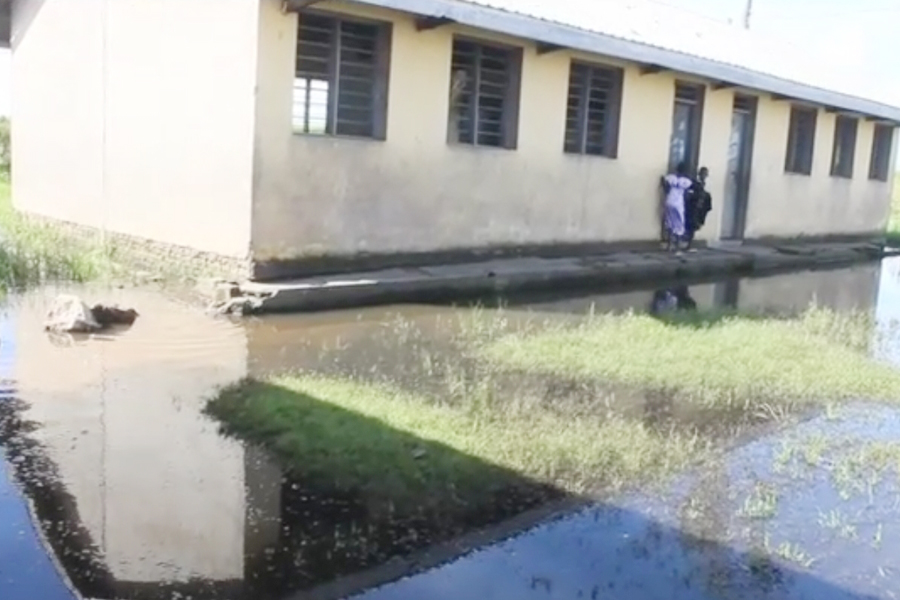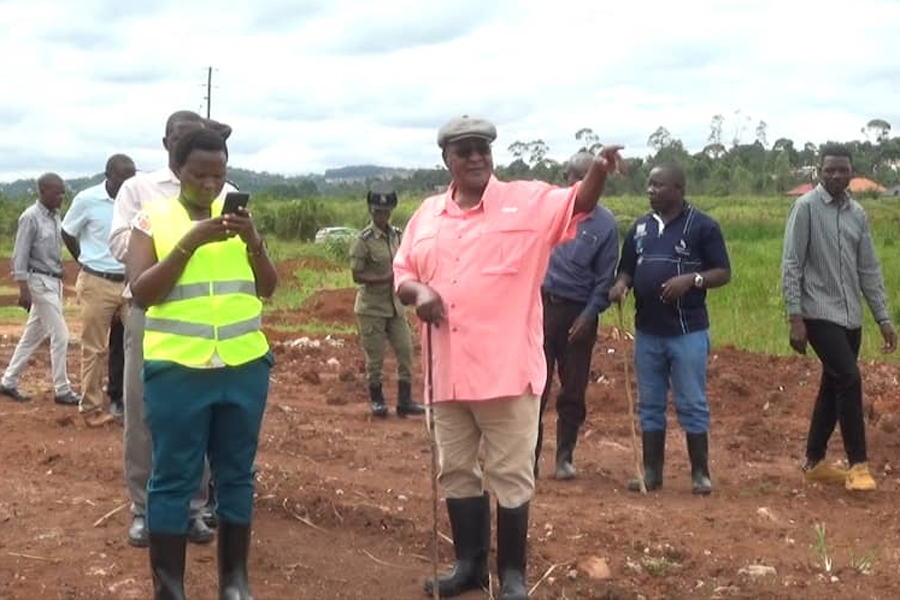By Steven Kizire
When President Museveni announced guidelines that cabinet passed in a bid to combat the spread of the deadly coronavirus, many people who rent business premises were left worried of how to deal with their rental obligations albeit not opening shop.
Keep Reading
- > Museveni, Ramaphosa set to meet for Regional Security talks
- > Museveni warns against hindering Atiak Sugar Factory project
- > Museveni hails Atiak Sugar factory for benefitting Acholi, neighbouring areas
- > Museveni directs the Attorney General to draft legislation prohibiting National ID as loan collateral
Both social media and mainstream became awash with people crying out to government to intervene to stop them from being evicted for non -payment of rent during the lockdown.
The president in one of his many televised addresses to the nation came to the business community's rescue by directing landlords not to consider forceful eviction of defaulting tenants as a remedy during this time when businesses are closed.
Whenever an occupier agrees to take possession of commercial or retail space in a developer's property, a relationship is automatically created between the two parties.
Just like any other relationship, the occupier-developer relationship needs a myriad of well-intentioned initiatives to thrive, and one of the key initiatives is constant and cordial communication.
Here are some of the strategies that a tenant whose business operations have been affected by the ripple effects of the lockdown due to coronavirus pandemic which has ravaged many economies.
As mentioned earlier, in case your business has been grossly affected by the Covid-19 lockdown shockwaves, initiate a meeting with the developer or their agent with a view of letting them know your predicament.
This is imperative because you wouldn't want the developer to assume that your business has been operating full throttle albeit the lockdown, and therefore full compliance with rent payment obligation would be expected.
There are Occupiers such as those in telecom, legal and consultancies which continue operating at full capacity even with staff working from home.
Let your landlord know that your business operations have not been left the same by the lockdown and have a cordial deliberation on how your business can be helped to thrive.
For businesses that have undergone total shutdown like retailers of non-essential commodities, agree with the developer on a possible payment plan for accumulated rent and service charge arrears after the lockdown.
This will inform the landlord of your unreserved commitment to continue occupying that space albeit the harsh operational environment which can trigger a good discount on the arrears because every developer's goal is to retain committed tenants.
There are businesses that remained partially operational during the lockdown like food stores, and pharmacies among others with a few skeleton essential staff retained and other staff sent home on unpaid leave.
Given the minimal operations, the revenue such businesses may rake in during the lockdown may not be sufficient for the business to pay off all her overheads like staff salaries, rent, utilities and deliveries.
It is therefore imperative that the business owner reaches out to the developer and let them know of the proportion of their rent obligation they're able to meet during the lockdown until full recovery.
This will also help the business to improve its payables position in post-Covid-19 period.
Assess your business' financial strength during the lockdown and engage your landlord on how much you are willing to pay while committing to pay the balances when normalcy returns.
Consult you attorney to draft an instrument to operationalize the position both parties have reached.
As a result of the #StayHome campaign during the coronavirus pandemic management, most businesses will realise that some of their functions or staff can effectively deliver on their key organisational strategic objectives whilst working from home.
This would imply that some occupiers may kick-start negotiations to scale down their space in the post-Covid-19 era with a view to cut the cost of running the business.
If indeed a sizable number of your staff can work from home and remain productive, re-evaluate your business office space needs and communicate to your landlord of your desire to scale down your retail or commercial space occupancy.
This will enable you effectively sustain the business in the uncertain post- Covid-19 times and at the same time preserve your long standing relationship with the developer.
I have heard a number of real estate practitioners advising occupiers and developers to invoke the force majeure clause of the lease agreement to serve as a guiding tool to resolve disputes arising from non-compliance during the lockdown, but I believe this would be going to the extreme.
The overall guiding principle to foster good landlord-tenant relations during and after Covid-19 is effective communication between the parties.
#StayHome
#StaySafe
About the author
Steven Kizire is a property management practitioner based in Kampala, Uganda.



















